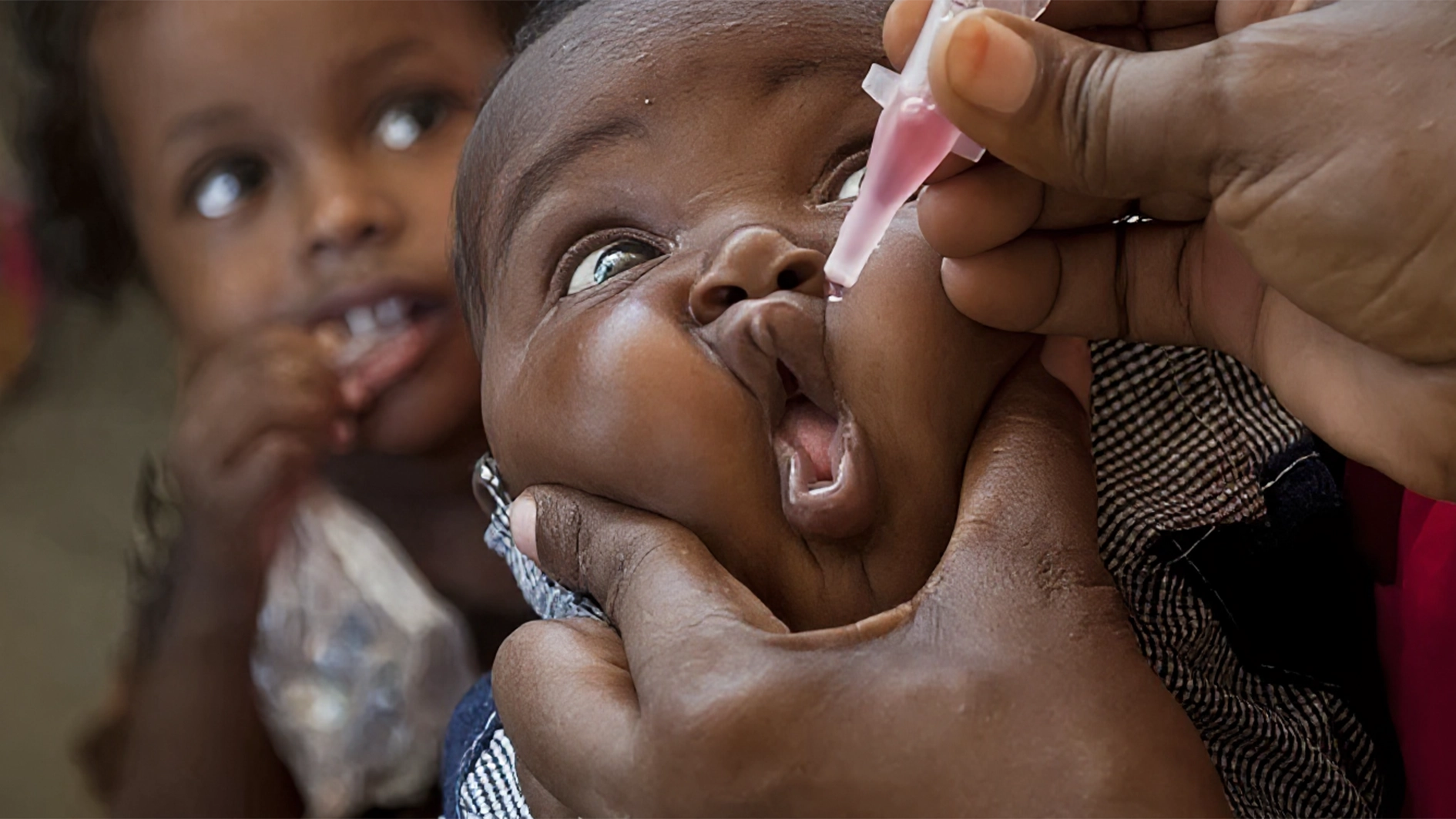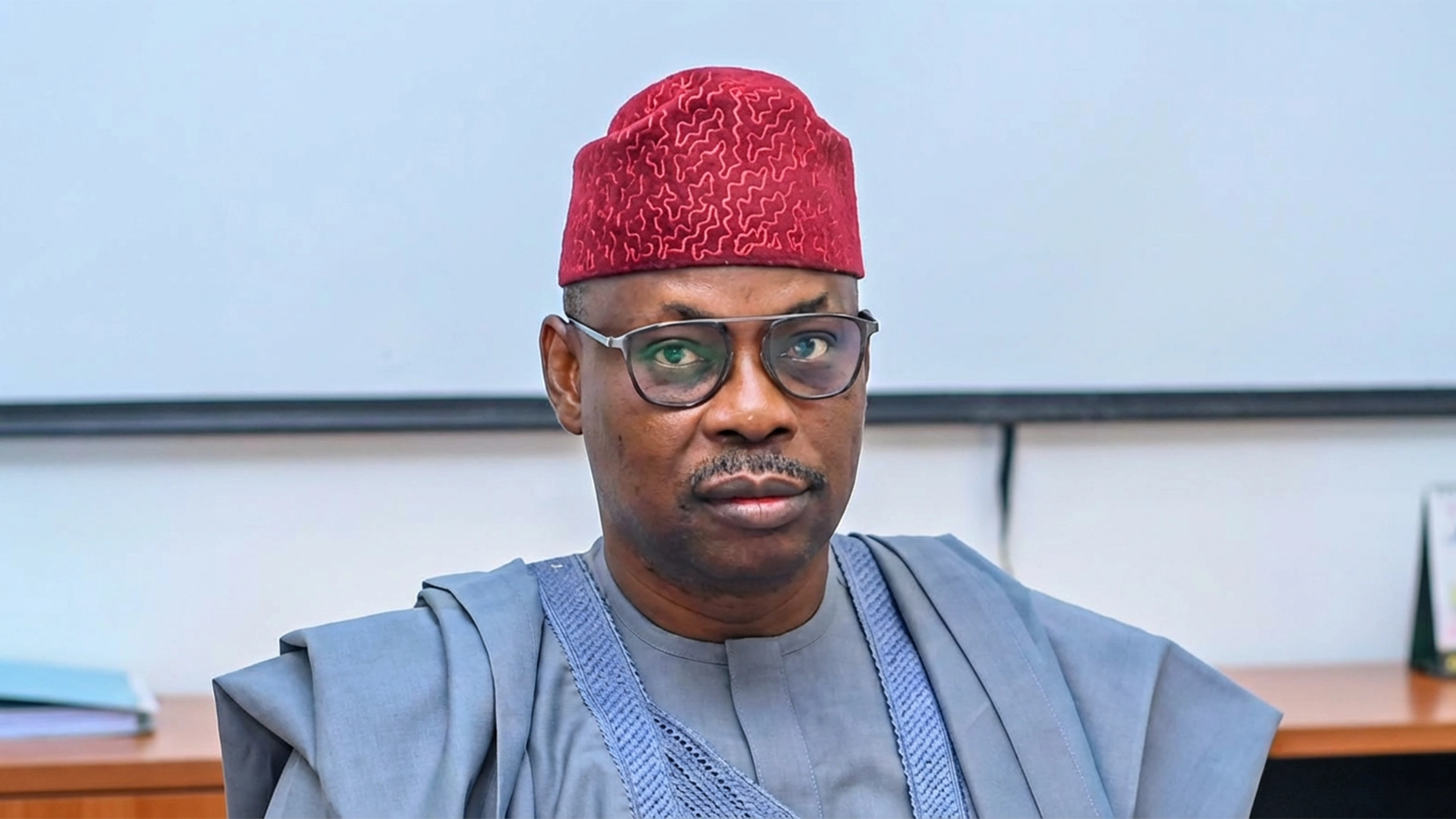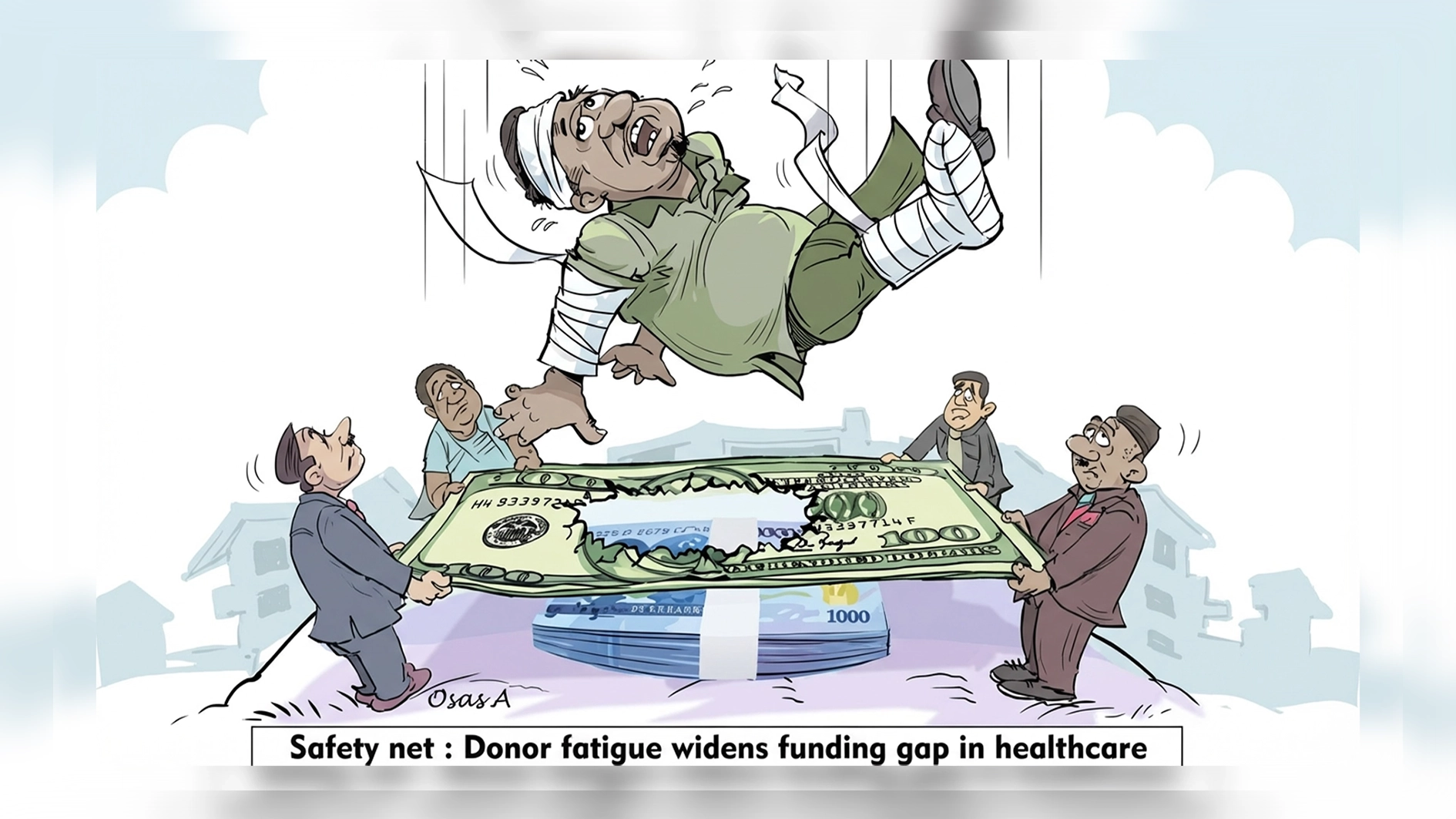Nigeria is recording notable gains in its renewed push against the polio virus, but the persistence of a vaccine-derived variant in the North-West continues to raise concern, according to Gombe State Governor, Inuwa Yahaya.
Briefing State House correspondents after yesterday’s meeting of the National Economic Council (NEC), presided over by Vice President Kashim Shettima, Yahaya said recent interventions were already producing results.
He recalled that the National Committee on Polio Eradication, inaugurated in December 2023, had since held multiple sessions to review progress and fine-tune strategies.
The governor revealed that while Nigeria was declared free of wild poliovirus in 2020, the fight had shifted to containing a circulating variant, concentrated mainly in Kano, Katsina, Kebbi, Sokoto and Zamfara states.
“As of the 33rd epidemiological week in 2024, Nigeria recorded 78 cases. That figure has now dropped to 42, showing a clear downward trend,” Yahaya said.
According to him, Kano and Katsina recorded remarkable reductions of 65 per cent and 84 per cent respectively, while Gombe has maintained a clean slate this year. Sokoto, however, remains the epicentre, accounting for 13 of the 23 cases reported nationwide so far in 2025.
The governor outlined improvements in surveillance and vaccination, stating that settlements tracked with geo-coordinate data increased from 71 per cent in April to 78 per cent in June, while vaccination coverage rose from 81 to 84 per cent within the same period.
Yahaya continued: “The first round of in-between activities across 11 high-risk states reached 77 per cent of targeted settlements, with about 2.7 million children vaccinated, representing 83 per cent coverage.”
Beyond vaccination, integrated health services were offered, including nutritional supplements for pregnant women, malaria prevention kits and other maternal-child health interventions, an approach Yahaya said was designed to boost community acceptance.
Looking ahead, he announced that the second round of immunisation would run from September 11 to 14 across 11 high-risk states, while a broader integrated nationwide campaign will follow in October.
That campaign, targeting children aged 0-14 years, would deliver measles, rubella, polio and malaria vaccines, alongside treatment for neglected tropical diseases, in a two-phase rollout to maximise coverage.
To ensure effective delivery, the committee urged deputy governors to personally chair task force meetings at least two weeks before each campaign round, particularly in Kano, Kebbi and Sokoto.
Commissioners for Health and heads of primary healthcare agencies are to lead post-campaign reviews and mop-up exercises, while local government chairmen will be tasked with grassroots mobilisation.






